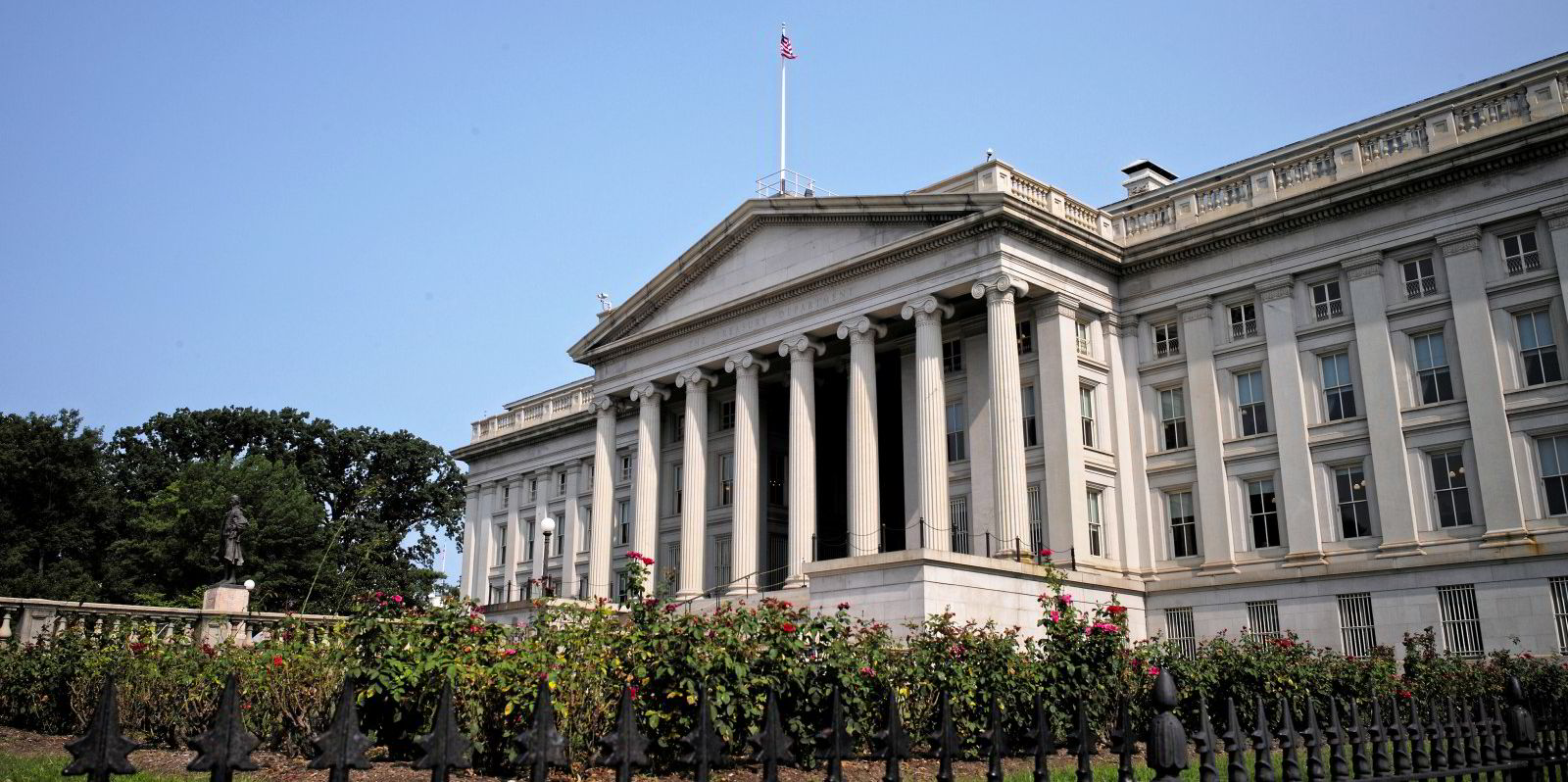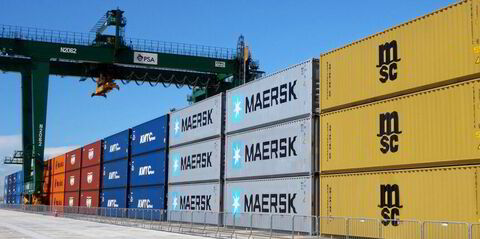Did your customer pay too much for Russian oil?
That is the question US officials will expect maritime companies to answer as Washington looks to enforce a price cap on Russian crude and products, the latest swipe at Moscow over its invasion of Ukraine.
The US treasury department’s Office of Foreign Assets Control (Ofac) dropped weekend reading late last Friday for shipping’s sanctions watchers by publishing preliminary guidance on how the price cap agreed by the G7 and the European Union will apply to maritime service providers.
G7 finance ministers backed the price cap plan on 2 September as a way to prevent Russia from profiting from its war on Ukraine.
The G7 statement made clear that shipping would be a target, with a commitment to a comprehensive ban on any services that enable maritime transport of Russian crude above the price cap.
The Ofac preliminary guidance offered more detail. Washington plans to provide more definitive information at a later date.
The US intends to shape the cap as a wide-ranging ban on maritime services for Russian crude and oil products, with an exception for cargoes that are priced at or below the cap, Ofac said.
But there is a catch. Shipping service providers will need to have a record of the price paid for the oil to show that it did not violate the cap, the agency said, acknowledging that the policy will add to the burden of complying with sanctions.
More than ‘standard due diligence’
“The price exception will rely on a recordkeeping and attestation process that allows each party in the supply chain of seaborne Russian oil to demonstrate or confirm that oil has been purchased at or below the price cap,” Ofac said.
“This … process is in addition to standard due diligence a service provider may have in place for sanctions risk, including the risk of violation of the maritime services policy through evasion.”

Ofac listed six red flags that could be signs of evasion of the price cap on Russian oil, although it indicated that more could be detailed in subsequent guidance.
Deceptive shipping practices: This category contains its own list of red flags that US authorities have already warned could be signs of sanctions evasion.
Refusal or reluctance to provide price information: If a customer does not want to share pricing information, it could be a sign that it is not in compliance with the price cap.
Unrealistic prices or costs, or insistence on circuitous or opaque payment mechanisms: If an oil price is well below market, or maritime service costs are inflated, it should raise suspicion.
Newly formed companies or intermediaries: Especially if registered in high-risk jurisdictions, new entities are a sign that companies need to carry out “appropriate due diligence”.
Indications of manipulated shipping documentation: Watch out for discrepancies in cargo type, voyage numbers, weights or quantities, serial numbers and shipment dates.
Abnormal shipping routes: Routes or transshipment points that are out of the ordinary for Russian oil, a lack of historic tracking data for a tanker, unexplained course changes or transshipment with no apparent economic reason may be an attempt to mask price cap evasion.
For refiners and commodities brokers, which are seen to have more ready access to oil price information, this means keeping records of the price, such as invoices or contracts.
In the case of protection and indemnity clubs, which may not have such records, Ofac said they will have to obtain attestations from their customers stating that they will not violate the price cap. Those documents can be sought as part of policy renewal.
Other maritime service providers may fall in the middle, documenting pricing in some instances but relying on attestations in other situations.
Maritime companies will not be held liable for falsified records provided by their customers, Ofac said.
But those that misrepresent their compliance with the price cap could face trouble.
“Persons that make significant purchases of oil above the price cap and knowingly rely on service providers subject to the maritime services policy, or persons that knowingly provide false information, documentation or attestations to such a service provider, will have potentially violated the maritime services policy and may be a target for a sanctions enforcement action,” Ofac said.
And companies that provide maritime services will have to keep an eye out for red flags, including deceptive shipping practices that Ofac already tracks as a sign of sanctions evasion.
That also means maritime companies have to keep a lookout for customers that refuse to provide documentation, or that are reluctant to do so.
Unrealistically low prices or excessively high service costs should also raise red flags, as should “insistence on using circuitous or opaque payment mechanisms”.
Other red flags include newly formed companies, particularly if they are registered in high-risk jurisdictions.
Abnormal shipping routes or transshipment “may indicate attempts at concealing the true history of an oil shipment in violation of the price cap”, Ofac said.
It plans to detail more signs of price cap evasion at a later date, and will work to share information with other countries on companies that violate the ban or behave evasively.
The price cap rules will enter force on 5 December for Russian crude and on 5 February for oil products. Washington’s ban on imports of Russian oil into the US will remain in effect.




